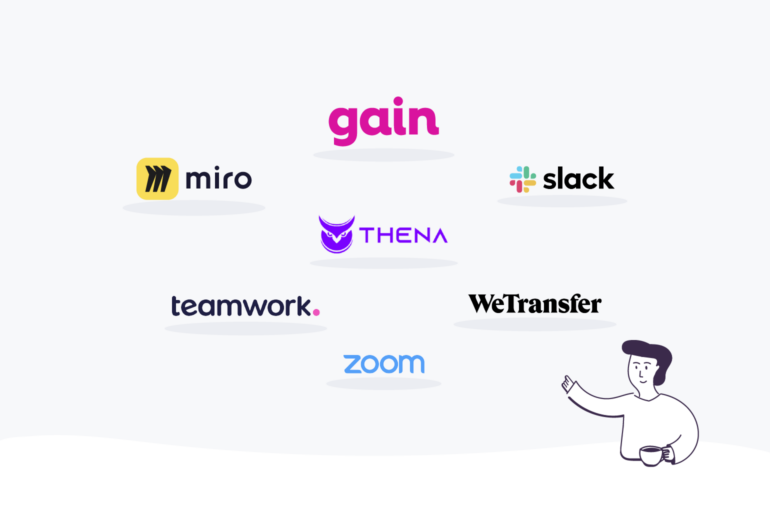When your superstar employee leaves to take an offer with a competitor, it can throw off a whole team. Beyond the personal sadness of losing a colleague and friend, you as the manager may also feel that you failed to satisfy that team member’s needs.
What could you have offered to make their work experience more fulfilling and rewarding?
Surprisingly, the answer is not always more money.
Daniel Pink, a writer for the New York Times and Wall Street Journal, finds that compensation only matters up to a point. Once people reach a certain comfortable income level, they pay more attention to learning opportunities, career growth, and flexibility.
Marketing agencies tend to have unusually high turnover rates – up to 30% yearly! – second only to the tourism industry.
While turnover is not necessarily bad, as it can bring new talent into your business, low employee retention signals that your work culture and compensation do not motivate your employees.
Here’s how to make sure your best team members stick around.
1. Invest in professional development.
While perks and money can bring new talent into the office, your best employees will care mostly about opportunities to learn on the job.
Don’t assume that your team will learn just through their work; you should build in time for employee training during work hours so they can grow. Talk to each employee about their goals and find ways to provide them with projects or courses that will help them develop their skills.
2. Make their work meaningful.
People who are passionate about your mission are more likely to stick with you for the long term. Make sure your company is impact-focused and that you interview each new candidate with that mission in mind.
If your whole team is striving for a joint goal, you are less likely to lose individual employees to offers of higher pay or ping pong tables in the office.
3. Provide consistent feedback.
Your employees need to know that they matter to you. If you are only talking to your team to assign them a new client or during their yearly review, they will feel like just another cog in the machine.
Instead, find time to meet one-on-one with each employee weekly or bimonthly to check in, provide feedback, and find opportunities for professional growth.
4. Be flexible.
Your employees all have lives outside of work. Sometimes, being able to work from home, or during flexible hours, can allow an employee to pick up their kids from school or attend a family event without having to miss work.
You don’t have to be 100% remote, but providing flexibility will show your employees that you care about their lives beyond the office. It might boost productivity, too.
5. Create opportunities for growth.
Your most-dedicated employees will strive to move up in the company from the day they walk in the door. If a competitor offers them a position with a promotion, you might lose a talented worker.
Make sure you promote employees when they deserve the recognition, and that your promotion system is well-understood. If your team feels that you unjustly assign positions and salaries, they may start looking for opportunities elsewhere.
You spent a lot of time and money building a great team that will drive your agency forward. However, don’t start ignoring your employees after they are hired.
Pay attention to their needs and build a powerful, motivating culture that will differentiate you from competitors.
If your team is happy and fulfilled at work, a bigger paycheck probably won’t be enough to make them jump ship over to a competing agency.






